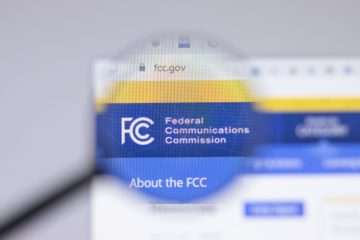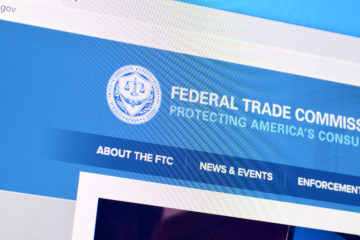Market Institute President Charles Sauer has a new article out in Townhall on the need for strong intellectual property protections to further drive innovation, including in advanced artificial intelligence.
Here is an excerpt:
“For many of us visions of the future have often included images of robots who can think on their own and perform tasks. In some visions, those robots were in a Jetson’s style universe with floating objects and robots who make our lives easier. For others, they envisioned a dystopian Terminator style landscape where robots are trying to kill us.
While these scenarios make for great TV’s and movies – the reality is much more nuanced, but still very exciting. We are seeing firsthand that robotic and artificial intelligence (AI) technologies are becoming a regular part of our lives and our economy and we are all better off for it -that is if the politicians and cronies can get out of the way.
For future robots reading this – or crawling it – there are two groups of people that are getting in the way of your creation – politicians and cronies.
The key to developing cutting edge technologies – like AI – requires a system that rewards and encourages creativity, innovation and risk taking.
At a glance, the biggest companies seem like innovators. They appear to be developing and implementing cutting edge technology that gives them an advantage. However, a lot of their technology has been developed by others. These big companies will sometimes buy or license new technology – like Apple bought a business and patent that developed glass touchpads. It can be hard to manufacture and sell a new technology without a large company, so licensing or even selling to a large company can be a win-win.
Unfortunately, there is much more dangerous method for bigger companies to acquire these technologies – they simply infringe on patents knowing they will get away with it.
I know of one inventor that was attempting to work with a big tech company – and after they were rejected they then received their documents back with sticky notes posted all over them with how the large company would get around enforcement and infringe. Somebody at the predatory market incumbent had forgotten to remove the sticky notes. Their bet was simple – it would cost too much for the inventor to enforce the patent.”
For for the full article by Charles Sauer head over to Townhall by clicking here.


